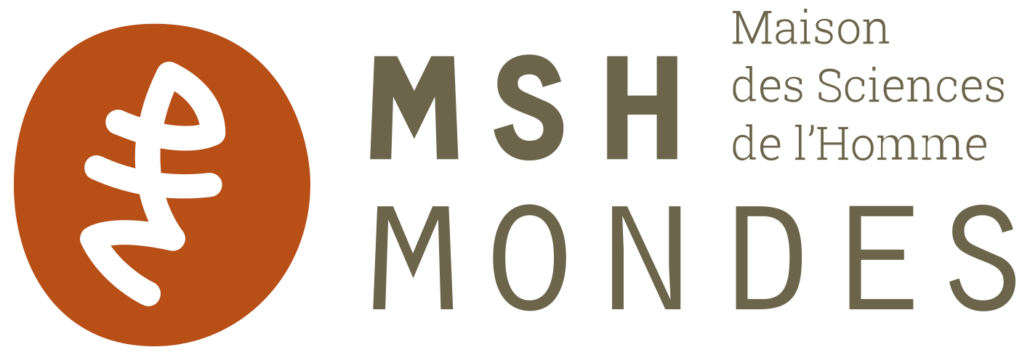| Current library | Call number | Status | Notes | Date due | Barcode |
|---|---|---|---|---|---|
| Aix-en-Provence : BiAA – Bibliothèque d’Antiquité d’Aix Libre accès | I 880 (Browse shelf(Opens below)) | Available | Réunion 19 mai 2015, Accepté, Erasmus BC 4500214081 du 23-07-2015, BL 50023070 du 19-08-2015 | 0100000019125 | |
| Caen : CRAHAM - Centre Michel de Boüard | 5749 (Browse shelf(Opens below)) | Exclu du prêt |
Browsing Caen : CRAHAM - Centre Michel de Boüard shelves Close shelf browser (Hides shelf browser)
Bibliogr. p. 285-314. Index
Theodosius II (AD 408-450) is the longest reigning Roman emperor. Ever since Edward Gibbon, he has been dismissed as mediocre and ineffectual. Yet Theodosius ruled an empire which retained its integrity while the West was broken up by barbarian invasions. This book explores Theodosius' challenges and successes. Ten essays by leading scholars of late antiquity provide important new insights into the court at Constantinople, the literary and cultural vitality of the reign, and the presentation of imperial piety and power. Much attention has been directed towards the changes promoted by Constantine at the beginning of the fourth century; much less to their crystallisation under Theodosius II. This volume explores the working out of new conceptions of the Roman empire - its history, its rulers and its God. A substantial introduction offers a new framework for thinking afresh about the long transition from the classical world to Byzantium. (source : éditeur)








There are no comments on this title.